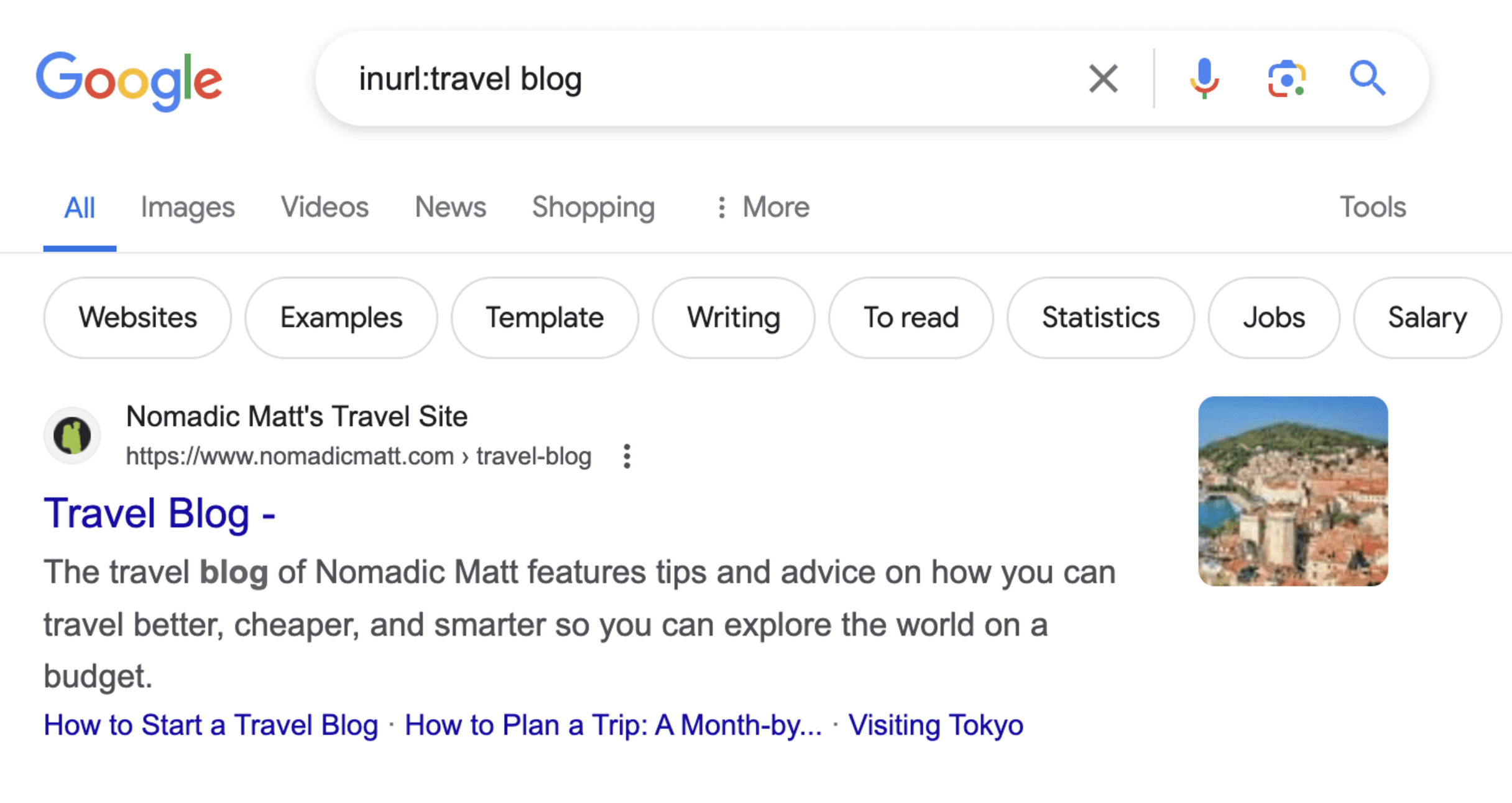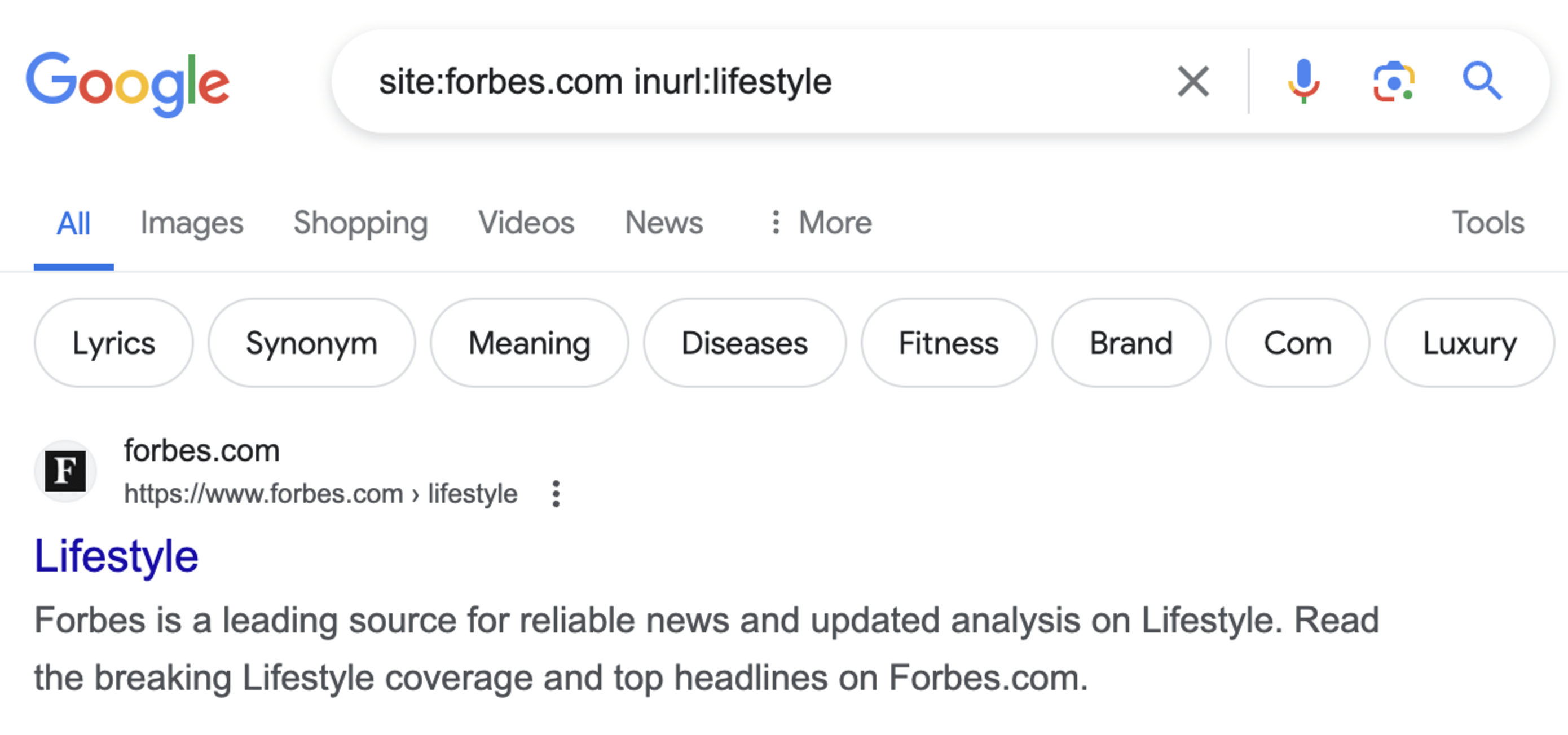InURL Search: Your Ultimate Guide To Mastering URL-Based Search Techniques
Hey there, tech enthusiasts! Are you ready to dive deep into the world of inurl search? This powerful technique has been a game-changer for SEO experts, digital marketers, and web developers alike. In today's fast-paced digital landscape, understanding how inurl search works can give you an edge in optimizing your website for search engines. So, buckle up and let’s explore the fascinating realm of URL-based search together!
But wait, what exactly is inurl search? Simply put, it's a method used by search engines to find web pages that contain specific keywords or phrases within their URLs. This technique is particularly useful when you're trying to locate pages with specific topics or content. Whether you're a beginner or an advanced user, mastering inurl search can significantly enhance your ability to navigate the vast ocean of information on the web.
Before we dive deeper, let me assure you that this guide will cover everything you need to know about inurl search. From its basics to advanced techniques, we’ll explore how you can leverage this tool to improve your online presence. So, whether you're looking to boost your SEO rankings or simply want to learn more about this fascinating topic, you're in the right place!
Understanding InURL Search and Its Importance
Alright, let’s get down to business. InURL search plays a crucial role in modern search engine optimization. It helps search engines like Google identify and rank pages based on the keywords present in their URLs. This is particularly important because URLs often provide a clear indication of what a webpage is about. By using inurl search, you can pinpoint pages that are most relevant to your query, saving you time and effort.
For instance, if you're searching for "best SEO practices," using inurl:best SEO practices can help you find webpages with URLs containing those exact keywords. This ensures that the results you get are highly relevant to your search intent. Moreover, inurl search can also help you identify potential competitors or partners by locating pages that focus on similar topics.
Why InURL Search Matters in SEO
Here’s the deal: SEO is all about making your website easily discoverable by search engines. And what better way to do that than by optimizing your URLs for inurl search? By incorporating relevant keywords into your URLs, you increase the chances of your pages being found by users searching for those terms. This not only improves your website's visibility but also enhances user experience by providing them with more accurate search results.
How InURL Search Works
Now that we’ve established why inurl search is important, let’s take a closer look at how it actually works. When you perform an inurl search, the search engine scans its database for webpages whose URLs contain the specified keywords. This process involves several steps, including indexing, ranking, and retrieval, all of which are designed to deliver the most relevant results to the user.
One of the key factors that influence inurl search results is the structure of the URL itself. A well-structured URL that includes relevant keywords and is easy to read can significantly improve its chances of being found through inurl search. Additionally, factors such as page authority, backlinks, and content quality also play a crucial role in determining the ranking of a webpage in search results.
Key Components of an Effective URL
- Relevant Keywords: Incorporate keywords that accurately describe the content of your webpage.
- Short and Simple: Keep your URLs short and easy to read to improve usability and searchability.
- Lowercase Letters: Use lowercase letters in your URLs to avoid confusion and ensure consistency.
- Hyphens Over Underscores: Use hyphens to separate words in your URLs instead of underscores, as search engines prefer hyphens.
Benefits of Using InURL Search
So, what’s in it for you? The benefits of using inurl search are numerous and can have a significant impact on your online presence. First and foremost, it helps you find highly relevant webpages that match your search intent. This can save you a lot of time and effort, especially when you're conducting research or looking for specific information.
Additionally, inurl search can help you identify gaps in your SEO strategy by showing you what your competitors are doing right. By analyzing their URLs and content, you can gain valuable insights into what works and what doesn’t in your niche. This, in turn, allows you to refine your own strategy and improve your website's performance.
Real-World Applications of InURL Search
Let’s talk about some practical applications of inurl search. For instance, if you're a digital marketer looking to improve your client's website ranking, you can use inurl search to identify pages that are already performing well for specific keywords. By analyzing these pages, you can determine what makes them successful and apply those strategies to your client's website.
Common Mistakes to Avoid in InURL Search
While inurl search is a powerful tool, it’s not without its pitfalls. One common mistake people make is overusing keywords in their URLs. This can lead to keyword stuffing, which is frowned upon by search engines and can result in penalties. Another mistake is using overly complex or lengthy URLs, which can confuse both users and search engines.
To avoid these pitfalls, always aim for simplicity and relevance when crafting your URLs. Use keywords sparingly and make sure they accurately reflect the content of your webpage. Additionally, regularly review your website's URL structure to ensure it aligns with best practices and meets user expectations.
Best Practices for Optimizing URLs
- Avoid Using Stop Words: Stop words like "and," "the," and "of" can clutter your URLs and make them harder to read. Try to omit these words whenever possible.
- Use Canonical Tags: Canonical tags help prevent duplicate content issues by specifying the preferred version of a webpage.
- Implement HTTPS: Secure your website with HTTPS to improve user trust and search engine rankings.
- Regularly Audit Your URLs: Conduct regular audits to ensure your URLs are optimized for search and free of errors.
Advanced Techniques for Mastering InURL Search
Ready to take your inurl search skills to the next level? There are several advanced techniques you can use to get the most out of this powerful tool. One such technique is combining inurl search with other search operators like site: and intitle:. This allows you to narrow down your search results even further and find exactly what you’re looking for.
Another technique is using inurl search in conjunction with Google Trends to identify trending topics and keywords. By combining these tools, you can stay ahead of the curve and optimize your content for maximum impact. Additionally, leveraging tools like SEMrush or Ahrefs can provide valuable insights into your competitors’ strategies and help you refine your own approach.
Tools to Enhance Your InURL Search Experience
Here’s a list of some popular tools that can enhance your inurl search experience:
- Google Search Console: Provides valuable data on your website’s performance and helps you identify areas for improvement.
- SEMrush: Offers comprehensive analytics and research tools for SEO and digital marketing.
- Ahrefs: Provides detailed insights into backlinks, keywords, and competitors’ strategies.
- Moz Pro: Offers a suite of SEO tools designed to help you improve your website’s visibility and performance.
Case Studies: Successful InURL Search Strategies
Let’s take a look at some real-world examples of successful inurl search strategies. One company that has mastered the art of inurl search is HubSpot. By incorporating relevant keywords into their URLs and optimizing their content for search engines, they have managed to rank highly for numerous competitive keywords. This has helped them establish themselves as a leader in the inbound marketing space.
Another example is Moz, which uses inurl search to identify gaps in their content strategy and refine their approach. By analyzing their competitors’ URLs and content, they are able to stay ahead of the curve and provide their users with the most relevant and up-to-date information.
Lessons Learned from Industry Leaders
What can we learn from these industry leaders? First and foremost, the importance of consistency cannot be overstated. By consistently incorporating relevant keywords into their URLs and optimizing their content for search engines, these companies have managed to achieve long-term success. Additionally, they emphasize the importance of staying informed about the latest trends and best practices in SEO and digital marketing.
Future Trends in InURL Search
As technology continues to evolve, so too will the world of inurl search. One trend to watch out for is the increasing use of artificial intelligence and machine learning in search algorithms. These technologies will enable search engines to better understand user intent and deliver more accurate and relevant results.
Another trend is the growing importance of mobile-first indexing. With more and more users accessing the web via mobile devices, search engines are placing greater emphasis on mobile-friendly websites. This means that optimizing your URLs and content for mobile users will become increasingly important in the coming years.
Preparing for the Future of InURL Search
To prepare for the future of inurl search, focus on creating high-quality, mobile-friendly content that incorporates relevant keywords in a natural and meaningful way. Stay informed about the latest trends and best practices in SEO and digital marketing, and be willing to adapt your strategies as needed. By doing so, you’ll be well-positioned to succeed in the ever-evolving world of search engine optimization.
Conclusion: Take Action Today
And there you have it, folks! A comprehensive guide to mastering inurl search and taking your SEO game to the next level. Remember, the key to success lies in understanding your audience, optimizing your content, and staying ahead of the curve. So, what are you waiting for? Start implementing these strategies today and watch your website’s performance soar!
Don’t forget to leave a comment below and share your thoughts on inurl search. And if you found this article helpful, be sure to check out our other guides on SEO and digital marketing. Together, let’s conquer the world of search engine optimization and achieve our online goals!
Table of Contents
- Understanding InURL Search and Its Importance
- How InURL Search Works
- Benefits of Using InURL Search
- Common Mistakes to Avoid in InURL Search
- Advanced Techniques for Mastering InURL Search
- Case Studies: Successful InURL Search Strategies
- Future Trends in InURL Search
- Conclusion: Take Action Today



Detail Author:
- Name : Winifred Rowe Jr.
- Email : [email protected]
- Birthdate : 2001-11-15
- Address : 21291 Ramiro Stravenue New Janiechester, IN 31873
- Phone : 1-940-248-6826
- Company : Bailey-Paucek
- Job : School Bus Driver
- Bio : Praesentium id voluptatem ea quaerat beatae et et. Cum illo voluptas voluptates alias. Tempora et in voluptatum reprehenderit minus enim rem.